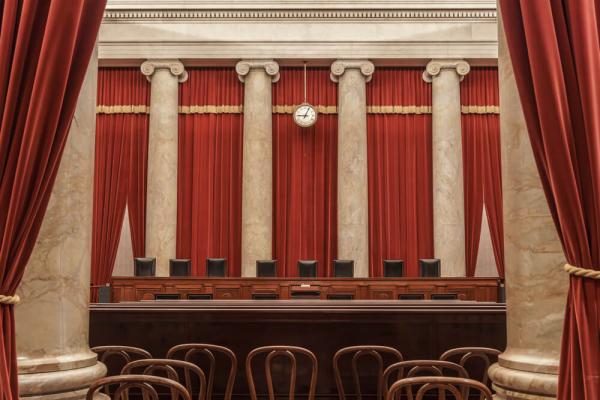Aug 15, 2018
This conflict has implications far beyond cake shops or even adoption. Most states still don't protect LGBTQ individuals from discrimination in the workplace, housing, and public accommodations., and under the Trump administration, the Justice Department has taken the position that the 1964 Civil Rights Act does not cover sexual orientation or gender identity. Wherever advocacy groups are able to secure legal protections for LGBTQ individuals, we should expect pushback from certain religious groups hoping to gain an exemption from those rules.
Read the Full Article

Already a subscriber? Login
